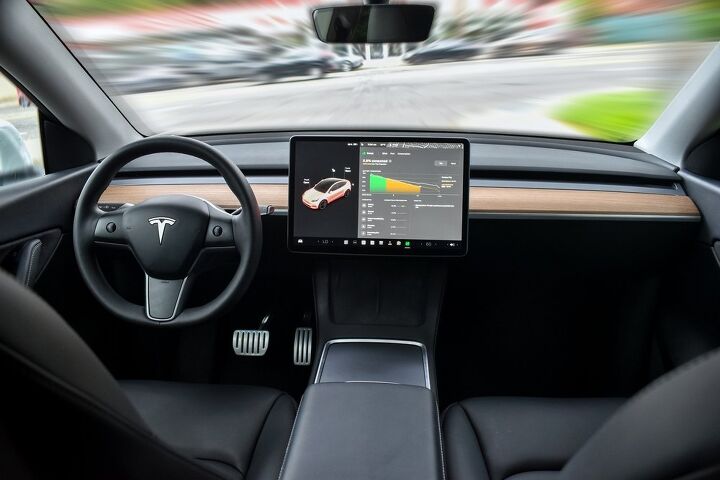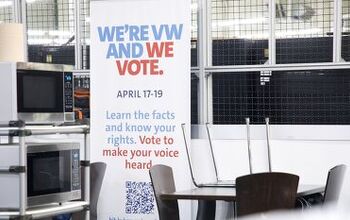How the World Views Autonomous Vehicles
In a recent global survey conducted by Maison Law, a personal injury law firm based in Fresno, California, the levels of trust and comfort with autonomous vehicles were explored across different countries. The survey aimed to understand the global perceptions and readiness for sharing roads with these technologically advanced vehicles.
Varied Trust Levels Across Countries
The study revealed a diverse range of trust levels among the populations of various countries. Notably, individuals from China, Russia, and the United Arab Emirates (UAE) exhibited the highest trust in autonomous vehicles. The survey showed that more than 80 percent of respondents from these countries are comfortable with the idea of sharing the roads with autonomous vehicles.
Conversely, the United States, Japan, and South Korea demonstrated lower levels of trust. In these countries, approximately half of the survey participants expressed discomfort with the presence of autonomous vehicles on the roads.
Country-Specific Findings
- United Arab Emirates – 88 percent
- United States – 57 percent
- Germany – 71 percent
- United Kingdom – 74 percent
- Israel – 66 percent
- China – 94 percent
- Canada – 60 percent
- Australia – 63 percent
- Japan – 52 percent
- Russia – 89 percent
- South Korea – 52 percent
Implications and Future Directions
The survey's findings suggest a broad spectrum of public trust in autonomous vehicles, influenced by geographical and possibly cultural factors. These variations indicate the need for tailored approaches in the introduction and integration of autonomous vehicles within different societies.
Understanding these perceptions is crucial for policymakers, automotive manufacturers, and technology companies as they navigate the complexities of introducing autonomous technologies to the public. Building trust through transparency, safety assurances, and public education will be key to fostering a harmonious coexistence between autonomous vehicles and human drivers.
This article was co-written using AI and was then heavily edited and optimized by our editorial team.
More by TTAC Staff
Latest Car Reviews
Read moreLatest Product Reviews
Read moreRecent Comments
- Verbal Rented a Malibu a while back. It was fine, if a bit gutless.I get that Detroit wants to go all-in on high profit margin SUVs and blinged-out MAGA trucks. Everyone has known for decades that they can't compete on price in the affordable sedan space. So now all of Detroit's sedans are gone except for a couple of Cadillac models.But you'd think that just one of the domestic brands could produce a fun, competitive and affordable sedan. Just one? Please? Anyone? Bueller?
- 3-On-The-Tree I wouldn’t even use Ford as a hearse for fear of being late to my party.
- SCE to AUX Norway is in Europe, and Tesla is an American automaker - no problems there.I wouldn't use Ford as the bellwether.https://www.reuters.com/business/autos-transportation/tesla-extends-lead-norway-evs-take-record-82-market-share-2024-01-02/https://elbil.no/english/norwegian-ev-policy/
- Steve Biro If the U.S. government wants to talk about banning all connected cars - or at least the collection and sharing of information from said vehicles - I’m all ears. Otherwise, don’t waste my time.
- Ajla Both parties are in favor of banning Chinese vehicles so I don't see how it won't happen in the next year.


































Comments
Join the conversation